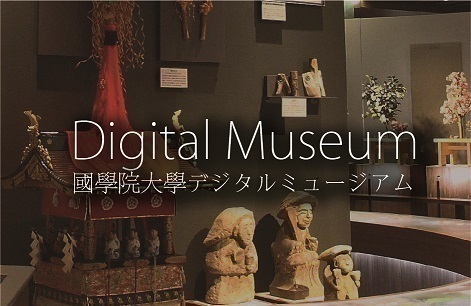- トップ
- Encyclopedia of Shinto
- Chokusaisha
Encyclopedia of Shinto
| Main Menu: | |
| Links: |
詳細表示 (Complete Article)
| カテゴリー1: | 4. Jinja (Shrines) |
|---|---|
| カテゴリー2: | Shrine Architecture |
| Title | Chokusaisha |
| Text | A shrine where an imperial envoy (chokushi) comes to perform rituals; officially known as a chokushi sankō no jinja ("shrine attended by imperial envoy"). Shrines designated as chokusai have existed since ancient times, as typified by the Heian-period system of "twenty-two shrines;" Hikawa Shrine in Ōmiya is a shrine officially designated as chokusaisha in the modern period (designated in the tenth month of 1868). Other shrines treated as chokusaisha in the early Meiji period include imperially endowed shrines (kanpeisha) of the old twenty-two shrine system, and shrines among Tokyo's "twelve major shrines" such as the Hie Shrine (which had been earlier viewed as quasi-chokusaisha), but these are unrelated to the current imperial envoy shrines. Of those shrines that continue today to receive envoys as chokusaisha, the first were the Kamo Mioya Jinja and Kamo Wakeikazuchi Jinja during the Kamo-sai, and the Iwashimizu (Otokoyama) Hachimangū during its Iwashimizu-sai. These two were officially selected in 1883, while shrines designated as chokusaisha thereafter included the Kasuga Shrine, (Nara), Hikawa Jinja (Ōmiya, Saitama), Atsuta Jingū (Nagoya), Kashihara Jingū (Kashihara, Nara), Izumo Taisha (Shimane), Meiji Jingū (Tokyo), Chōsen Jingū (Seoul), Yasugkuni Jinja (Tokyo), Usa Jingū (Usa, Kyūshū), Kashiigū (Fukuoka), Kashima Jingū (Ibaraki), Katori Jingū (Sawara, Chiba), Heian Jingū (Kyoto), and Ōmi Jingū (Ōtsu). Today, sixteen shrines are treated as chokusaisha, including all of the above shrines with the exception of Chōsen Jingū, which was dismantled following World War II. Of these sixteen shrines, Usa Jingū and Kashiigū receive chokushi offerings once every ten years, Kashima Jingū and Katori Jingū once every six years, while the Yasukuni Shrine receives chokushi offerings twice annually on the occasion of its major festivals (taisai). See also chokusai. — Sakamoto Koremaru |




